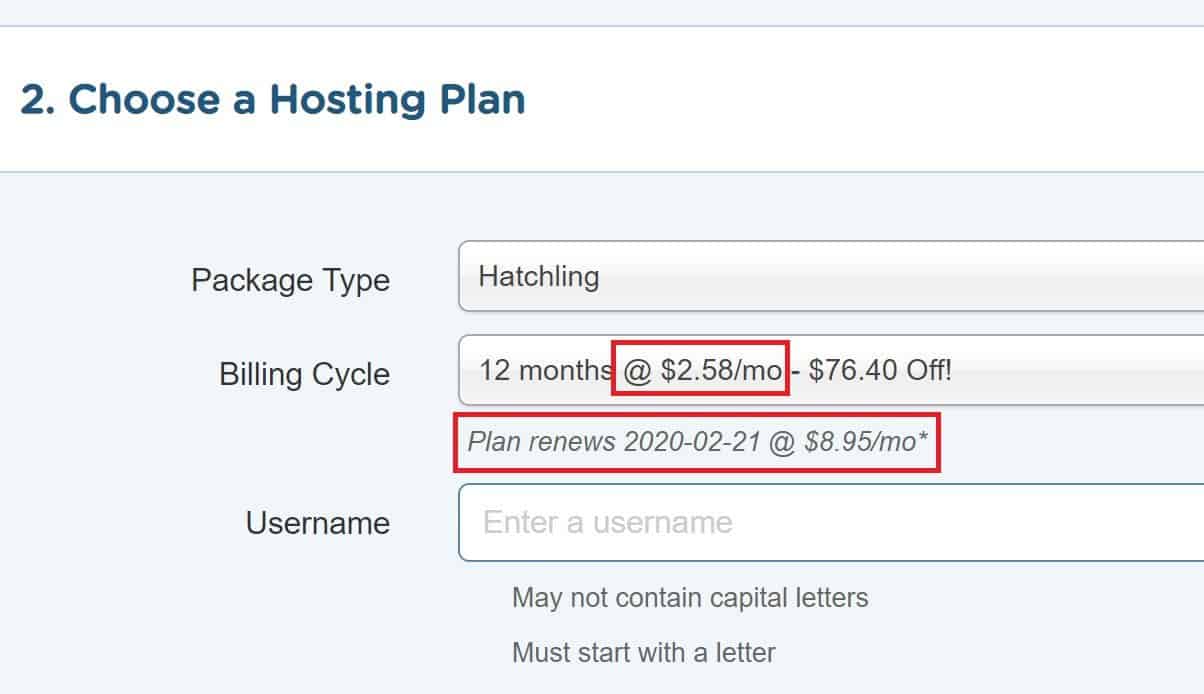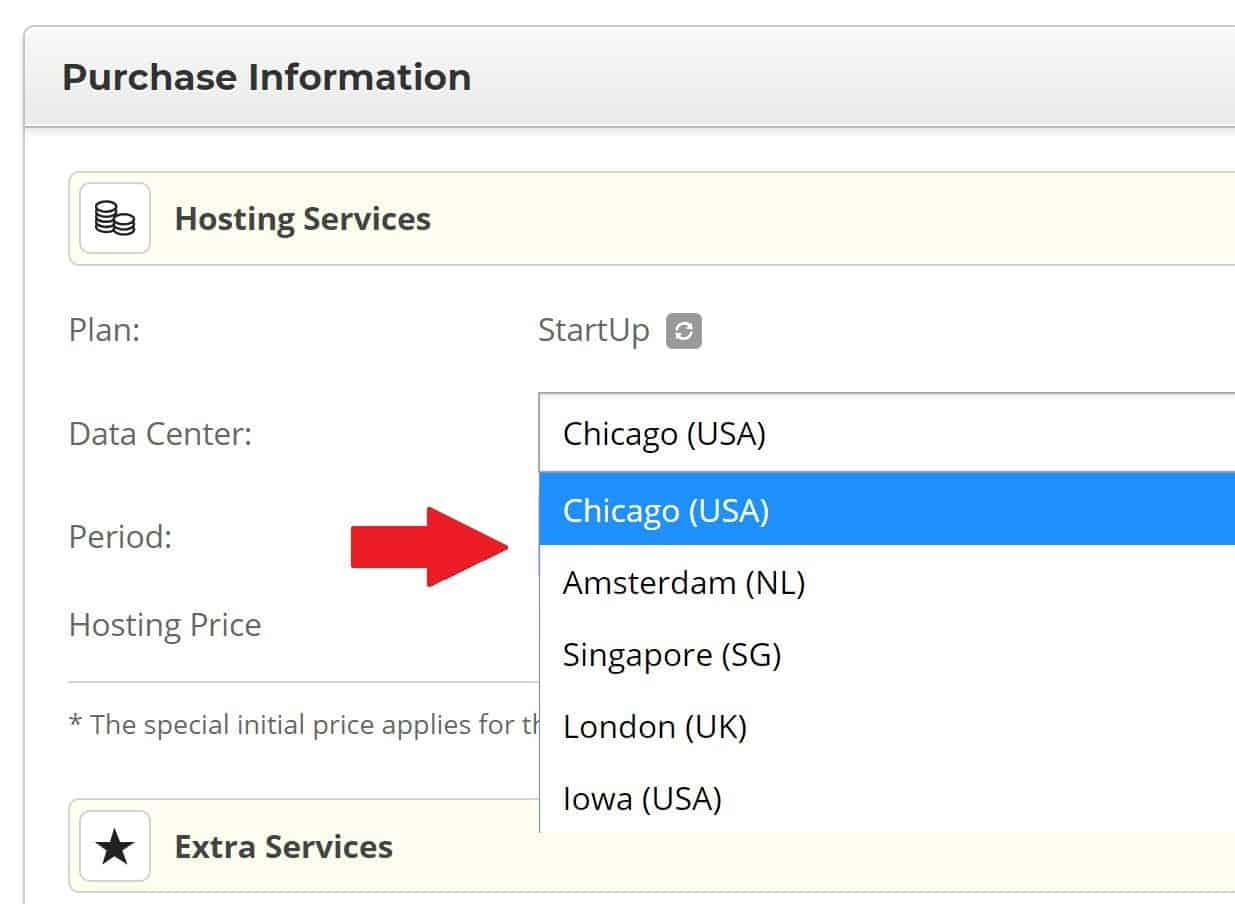Let’s say you’re with Hostgator. Your billing cycle is up and is coming up for renewal. Do you switch? Do you stay? Web hosting companies try hard to keep your business year after year. And for good reason. A customer who stays for a long time is very profitable! And yet, people try and change their web hosting all the time.
In this article, I’ll examine the pros and cons of switching from Hostgator, or SiteGround, or any other web host. Hopefully, by the end, you’ll have a clearer idea of what you’re getting into! Click To TweetPros – First Time Discounts: Example Hostgator
Hosting providers are famous for their discounts. What a lot of people overlook in the fine print however, is that these price reductions are only for the first billing cycle. For example, on the website WP-Tweaks, you can choose from one of the many Hostgator coupons for massive discounts on 1, 2, or 3-year hosting. Or if you prefer Bluehost, check out these. Sometimes these coupons give you up to 80% off!
But what happens when your billing cycle expires? That’s when the bill shock hits and you’re asked to pay the full price. This was implicit when you signed up, and web hosts usually give you a little warning that’s easy to miss. Here’s an example:
Here you can see that the starting price for 12-months is $2.58/Mo. But the little grey text at the bottom shows you that you’ll pay $8.95/Mo afterward! That’s gotta come as a surprise if you’re not prepared for it. It’s no wonder that the web is filled with searches for “renewal coupons”. But those don’t exist. Hosting companies use the big discounts of the first billing cycle to lure you in, and then hope you won’t move away.
By switching web hosts, you can enter the honeymoon period with your new host once again and get those gigantic discounts for the next few years and save yourself a ton of money!
Pros – Get off Blacklists
Shared hosting means that you share your server with a whole bunch of other accounts. And you can bet that some of them will indulge in shady practices like e-mail spam, for example. What then happens is that several hosts “blacklist” that IP address. And you, for no fault of your own, are included in that list just because you happen to share the same server space.
[box]This is an unavoidable fact of shared web hosting, and there’s no getting around it. Only in the most expensive plans, do web hosts offer a dedicated IP address. The Hostgator Business plan is one example. But otherwise, you’re always at the mercy of the people you shared your hosting with.[/box]
By switching your web hosting provider, you have a chance of changing your server and your IP address and starting fresh. So if you’ve developed a bad reputation on one host, you can get going with a clean slate by switching hosting providers.
Pros – Switching Datacenters
Let’s say you’ve realized that a large number of your clients come from Europe, but your server is located in Chicago. To switch data centers, two things are possible:
- Your web host doesn’t allow you or doesn’t have a data center in the new location
- They’ll charge you a hefty fee
For example, SiteGround’s shared hosting plans allow you to switch your datacenter to one of their other locations for a flat fee of $30.
If you don’t want to pay that much, you can wait for your hosting to expire, and then move to another provider where they allow you to choose which datacenter you want. InMotion Hosting for example, gives you a choice between the east and west coast during sign up. So you can use this opportunity to avoid paying the transfer fees by switching to a new host.
Cons – The Headache of Transfer
One of the reasons people stick with their old web host is that migrating a site to a new server is a pain in the butt. Here’s what you need to do:
- Transfer your files
- Transfer your applications
- Transfer your databases
- Change your DNS servers
This can be a harrowing process. It’s why new web hosts usually offer a one-time free migration to their servers. However, it’s still a big hassle, and you might even have to put up with downtime as the DNS servers update worldwide. And let’s face it – it’s a technical task, and anything can go wrong.
I would say that most people stick with their hosts simply because it’s too hard to migrate – even with the promise of free transfers.
Cons – The Devil You Know
You might have some problems with your existing host, yes. But at least you know what they are! After hosting with them for a few years, you’re aware of their flaws and limitations. Moving to a new host is a risky enterprise when you don’t know what nasty surprises are in store for you!
For example, the new host might have a limit on FTP accounts that you were unaware of. Or they might have a hard cap on the number of scripts you can run. Or they might not have the latest version of PHP. There are so many moving parts to a website, that it’s almost impossible to think of everything in advance.
A lot of people stick to their old hosting provider only because they don’t know what’s waiting for them on the other side. In many cases, this is perfectly justified. The risk of something going wrong might not be worth jeopardizing a fully functioning and profitable site. I personally have made this decision more than once.
So these are some of the pros and cons of switching web hosting providers. It’s not an easy decision, and you’ll have to live with the consequences no matter what you decide! I hope I’ve been able to provide you with some perspective and helped you come closer to a decision.


Great, Informative on hosting migration